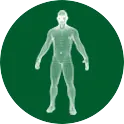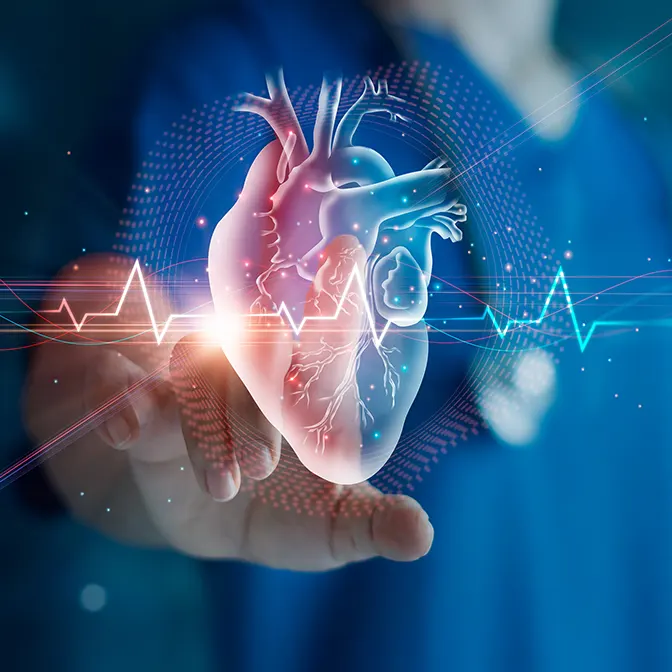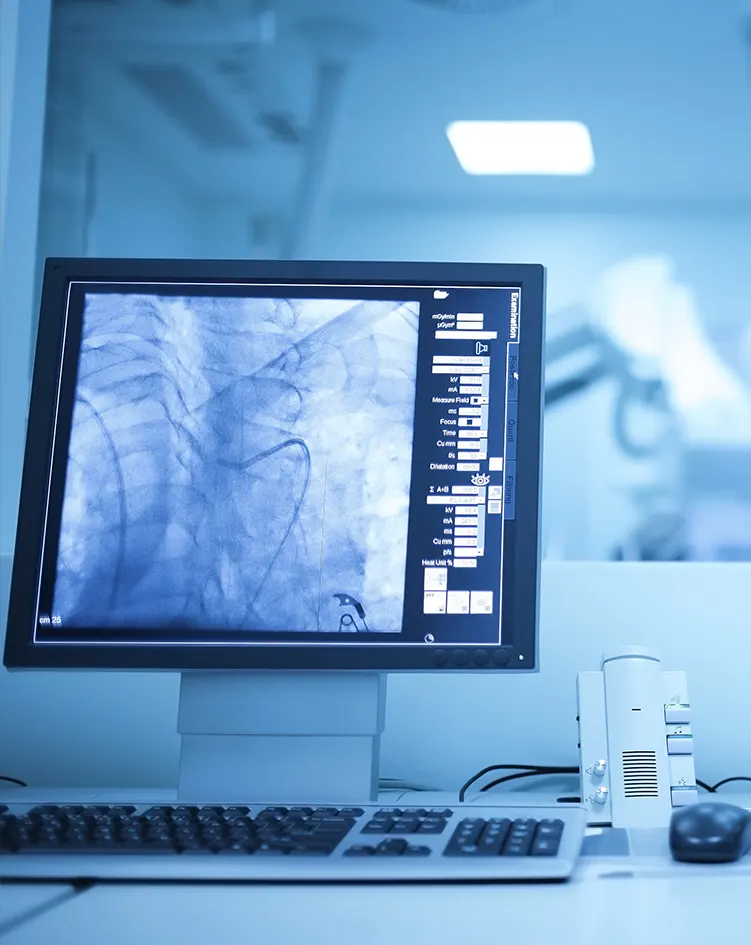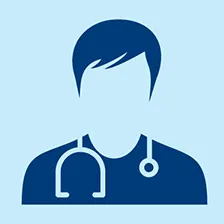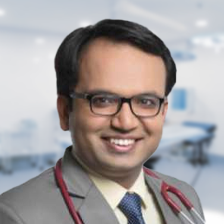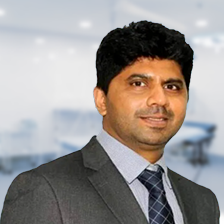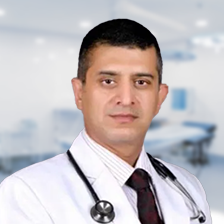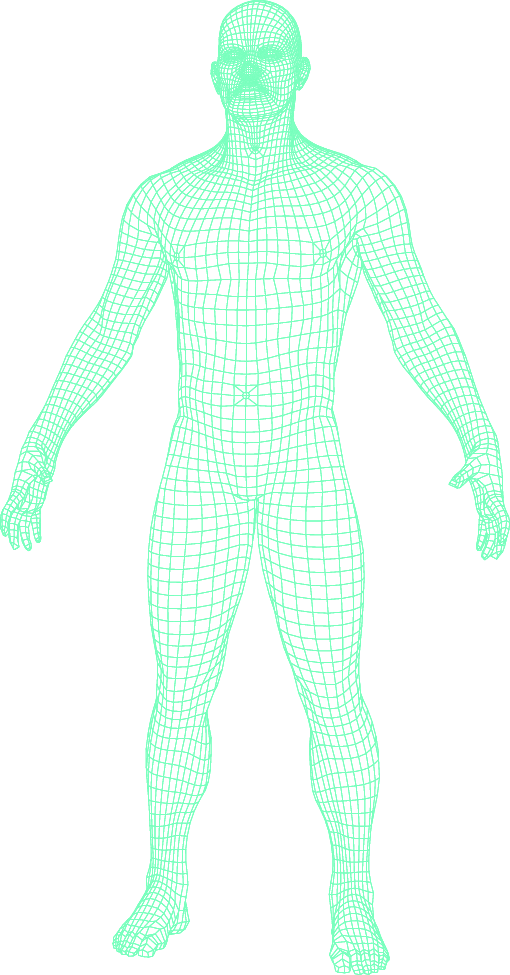Symptoms
The symptoms of conditions that may lead to cardiac surgery can vary depending on the specific condition. However, some common symptoms include:
Chest pain or pressure: This is a common symptom of coronary artery disease and can be felt as a squeezing or tightness in the chest.
Shortness of breath: This can occur as a result of heart valve disease or cardiomyopathy, and can be caused by the heart’s inability to pump enough blood to meet the body’s needs.
Fatigue: This can be a symptom of a number of heart conditions and can be caused by the heart’s inability to pump enough blood to meet the body’s needs.
Swelling in the legs, ankles or feet: This can be a symptom of heart valve disease or cardiomyopathy, and is caused by fluid buildup in the legs.
Rapid or irregular heartbeat: This can be a symptom of arrhythmias and can cause a fluttering or pounding sensation in the chest.
Coughing and wheezing: This can be a symptom of heart valve disease and can be caused by fluid buildup in the lungs.
It’s important to note that some people may not experience any symptoms at all, especially in the early stages of the disease. It’s crucial to see a doctor if you have risk factors for cardiac surgery.


